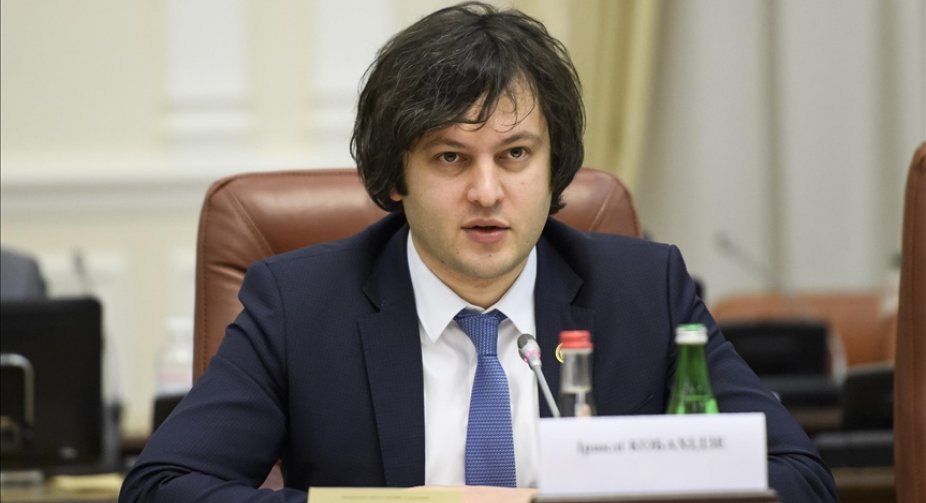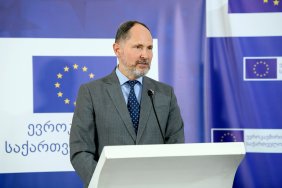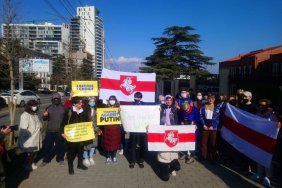The ruling Georgian Dream party accused its opponents of allegedly fomenting a "xenophobic-chauvinist campaign" against Russian citizens.
News-Georgia reports this.
Party leader Irakli Kobakhidze's statements were a reaction to growing concern about how many Russian citizens moved to Georgia after February 24. Some opposition figures believe that the situation is "out of control" and that it is time to think about a visa regime with Russia and a moratorium on the purchase of real estate by Russian citizens.
"For several days now, the party of war and traitors has been trying to launch the second wave of xenophobic campaign," Kobakhidze said.
According to him, opponents - among whom he named Saakashvili's United National Movement and allies, "some media outlets" and "the richest HOs" - groundlessly convince people that there are an unprecedented number of Russians who have arrived and this is a serious risk to the country's sovereignty and independence, but this is an exaggeration.
"The number of Russian citizens who entered Georgia after the war began on February 24 and are in Georgia as of July 31 is less than 110,000, not even 3% of Georgia's population. Moreover, ethnically most of them are Georgians," Kobakhidze said.
He claims that three times fewer Russians came to the country in 2022 than in 2019.
"If anything poses a serious threat to our country, it is a xenophobic and chauvinistic campaign," Kobakhidze said.
In his view, the goal of this campaign is to "make Georgia a second front," and the party "will do everything to avoid war."
According to the statistics agency of Georgia, in March-June 2022, 355 percent more Russians entered Georgia than in 2021 for the same period - almost 300 thousand people. During June alone, more than 135,000 Russian citizens came to Georgia - 340% more than in June 2021. What part of them came as tourists, and who stayed is unknown.






